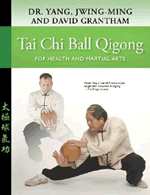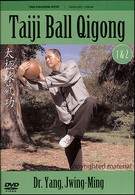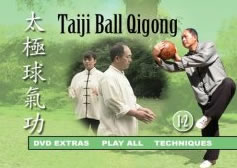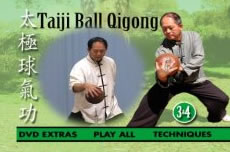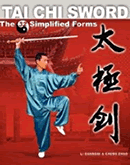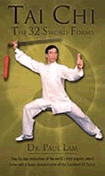Halloween, Samhain, Dad of the Dead, End of the Year Coming, Fall
In
America, today, we enjoy Halloween festivities. People dress up in
costumes. Candy is exchanged and given to children. Activities and
games are played: bobbing for apples, scaring people, pranks, walking in
corn mazes, pumpkin carving and rolling, nighttime fires, pie making,
harvest activities, etc. Of course, many people in America do nothing
unusual today; and could care less about Nature religion and "pagan" Samhain festivities.
I shoveled up the rotting remains of four pumpkins on our front porch ... limp, blackened yuck.
We accidentally killed a squirrel on Highway 99, North Main, when it ran from the Red Bluff River Park onto the roadway.
Karen's friend's dog died today.
224 people died today in an airplane crash in the Sinai, Egypt.Millions are dying from diseases: malnutrition, malaria, tuberculosis, AIDS, typhoid, poisoning, cholera, cancer, stroke ....
Many are dying today because of wars and fighting all around the world.
Somebody dying has always been news, everywhere.
Memories of Ancestors.
Greco-Roman Hellenistic EraMemories of Traditions, Customs, Religions. Rituals, Languages
Time. Death or Renewal Rituals
Remember and celebrate our Ancestors.
Halloween Skeletons will walk on the streets tonight.
Macabre. Play acts and costumes.
Reminding us of Darkness, Fears, Monsters, Fate, Death!
Happy Halloween!!!
This post to the blog was first sent out on October 31, 2015.
Karen at work as Special Education Instructional Assistant
Halloween Party 2014

November 2012













